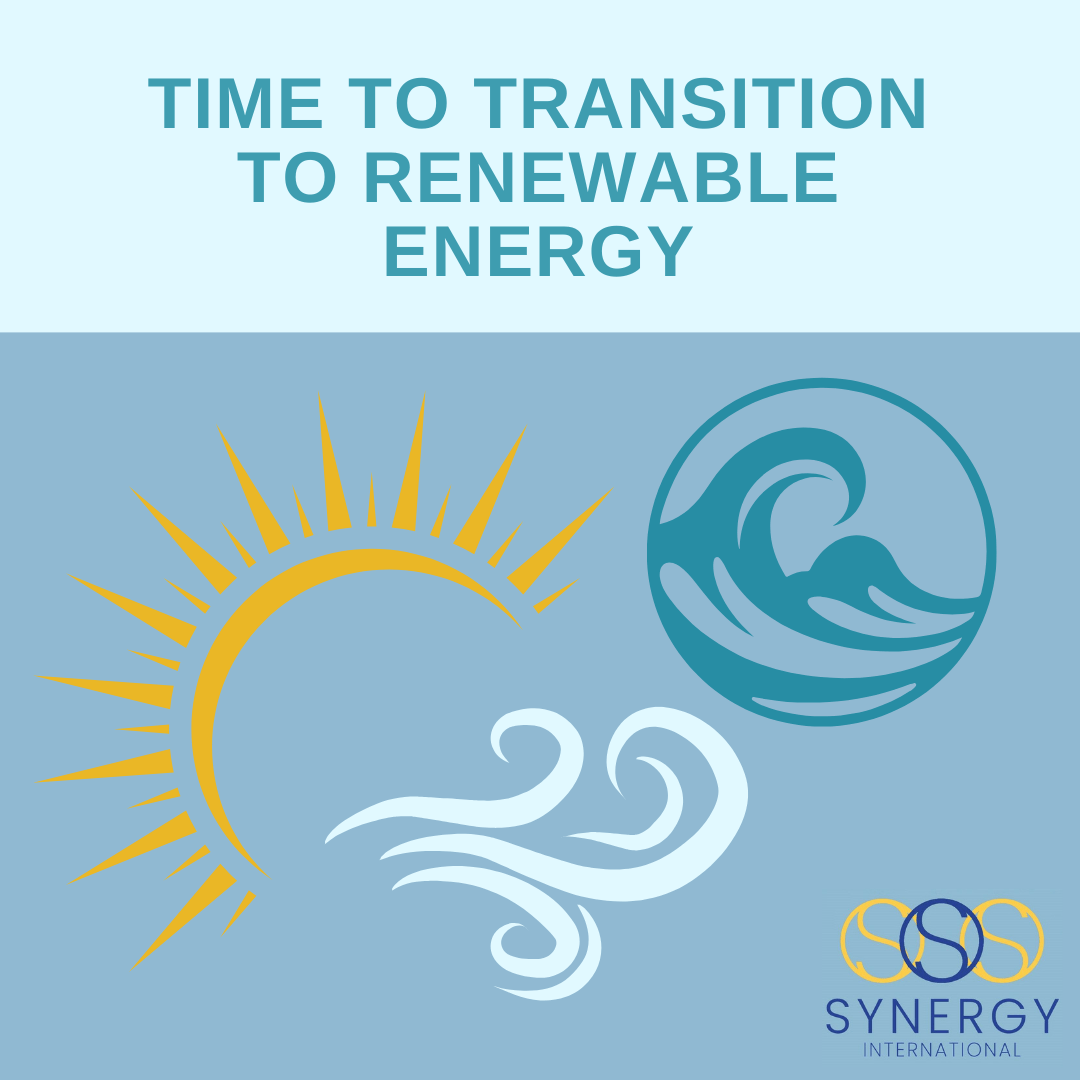Why is renewable energy important?
The Ultimate Guide on Why Clean Energy Rocks!
Why is renewable energy important?
Here in this epic guide you will find the answer!

The Ultimate Guide
to the Importance of Clean Energy
Combatting Climate Change
Preserving Natural Resources
Enhancing Energy Security
Driving Economic Growth and Job Creation
Improving Public Health
Aligning with Global Sustainability Goals
Renewable and clean energy is at the forefront of the global transition toward a sustainable and resilient future. As the world grapples with the dual challenges of climate change and resource depletion, the importance of renewable energy cannot be overstated. This guide explores the key reasons why renewable energy is crucial, examining its environmental, economic, social, and geopolitical impacts.
Combatting Climate Change
One of the most pressing reasons for the shift to renewable energy is its potential to combat climate change. Fossil fuels, coal, oil, and natural gas, are the primary sources of greenhouse gas emissions, which are driving global warming. Renewable energy sources like solar, wind, and hydroelectric power generate electricity without emitting carbon dioxide (CO2) or other harmful pollutants.
Transitioning to renewable energy is essential to limit global temperature rise to below 2°C, as outlined in the Paris Agreement. By replacing fossil fuels with clean energy, we can significantly reduce our carbon footprint and slow the progression of climate change, helping to avert the most catastrophic impacts on the environment and human societies.
Preserving Natural Resources
Fossil fuels are finite resources, and their extraction and use are leading to the depletion of the Earth’s natural reserves. Renewable energy, on the other hand, harnesses natural processes that are constantly replenished, sunlight, wind, water flow, and geothermal heat. These resources are abundant and, if managed sustainably, can provide an endless supply of energy.
By investing in renewable energy, we reduce our reliance on depleting fossil fuels, preserve natural ecosystems, and minimize the environmental damage caused by resource extraction, such as deforestation, habitat destruction, and water pollution.
Enhancing Energy Security
Energy security, ensuring a stable and reliable supply of energy, is a critical issue for countries around the world. Fossil fuel markets are often volatile, influenced by geopolitical tensions, trade disputes, and supply disruptions. This dependency on imported fossil fuels can leave countries vulnerable to energy crises and economic instability.
Renewable energy offers a path to greater energy independence. By tapping into local renewable resources, countries can reduce their reliance on imported energy, stabilize energy prices, and enhance their resilience to global market fluctuations. This shift also diminishes the strategic importance of fossil fuel-rich regions, reducing the potential for conflict over energy resources.
Driving Economic Growth and Job Creation
The renewable energy sector is a powerful engine of economic growth. As the demand for clean energy technologies increases, so does the potential for job creation. The International Renewable Energy Agency (IRENA) estimates that renewable energy jobs could reach 42 million globally by 2050, driven by investments in solar, wind, and other clean energy technologies.
In addition to creating jobs, the renewable energy industry stimulates innovation and entrepreneurship, leading to new business opportunities in energy production, storage, distribution, and efficiency. This economic diversification can be particularly beneficial for regions historically dependent on fossil fuel industries, offering a sustainable path forward as those industries decline.
Improving Public Health
The burning of fossil fuels is a major source of air pollution, contributing to respiratory illnesses, cardiovascular diseases, and premature deaths worldwide. According to the World Health Organization (WHO), air pollution is responsible for millions of deaths each year, making it one of the largest environmental health risks globally.
Renewable energy sources generate power without emitting air pollutants, leading to cleaner air and improved public health. By reducing our reliance on fossil fuels, we can decrease the incidence of air pollution-related health issues, reduce healthcare costs, and improve the quality of life for communities around the world.
Supporting Social and Environmental Justice
The impacts of fossil fuel extraction and combustion are often disproportionately borne by marginalized and vulnerable communities. These communities face higher levels of pollution, greater health risks, and more significant economic and social disruptions from fossil fuel-related activities.
Renewable energy, by contrast, offers an opportunity to promote social and environmental justice. Clean energy projects can be designed to benefit local communities, providing them with access to affordable energy, creating jobs, and reducing environmental harm. Moreover, community-based renewable energy initiatives can empower local populations, giving them greater control over their energy resources and ensuring that the benefits of clean energy are more equitably distributed.
Mitigating Environmental Degradation
Fossil fuel extraction and use have severe environmental consequences, including habitat destruction, water contamination, and soil degradation. Oil spills, coal mining, and natural gas drilling have long-term impacts on ecosystems, often rendering them unusable and leading to the loss of biodiversity.
Renewable energy systems, particularly when carefully sited and managed, have a much smaller environmental footprint. Solar panels, wind turbines, and hydropower facilities can be integrated into existing landscapes with minimal disruption to ecosystems. Additionally, renewable energy projects can often be co-located with conservation efforts, helping to preserve natural habitats and promote biodiversity.
Supporting Innovation and Technological Advancements
The transition to renewable energy is driving significant technological innovation. Advances in solar panel efficiency, wind turbine design, energy storage, and smart grid technologies are making renewable energy more accessible, affordable, and reliable than ever before. These innovations are not only transforming the energy sector but are also spilling over into other industries, fostering a culture of sustainability and efficiency.
Investing in renewable energy research and development is essential for accelerating this innovation, lowering costs, and overcoming the technical challenges associated with integrating renewable energy into the global energy system. This continuous improvement will be crucial in meeting the growing energy demands of the future while minimizing environmental impact.
Aligning with Global Sustainability Goals
Renewable energy is a cornerstone of the United Nations Sustainable Development Goals (SDGs), particularly SDG 7, which aims to ensure access to affordable, reliable, sustainable, and modern energy for all. The widespread adoption of renewable energy is also integral to achieving other SDGs, including those related to climate action, health, economic growth, and reducing inequalities.
By prioritizing renewable energy, governments, businesses, and individuals contribute to a global effort to meet these goals, promoting a more sustainable, equitable, and prosperous world for future generations.
The future of energy is renewable!
Hope you got an answer to the very important question: why is renewable energy important?
The importance of renewable energy extends far beyond its role in reducing greenhouse gas emissions. It is a critical component of a sustainable future, offering solutions to some of the most pressing challenges of our time, climate change, resource depletion, public health, and social justice. By embracing renewable energy, we can build a resilient, equitable, and thriving world that supports both people and the planet. The transition to renewable energy is not just an option; it is an imperative for a sustainable future.
- Home
- Why Is Renewable Energy Important
